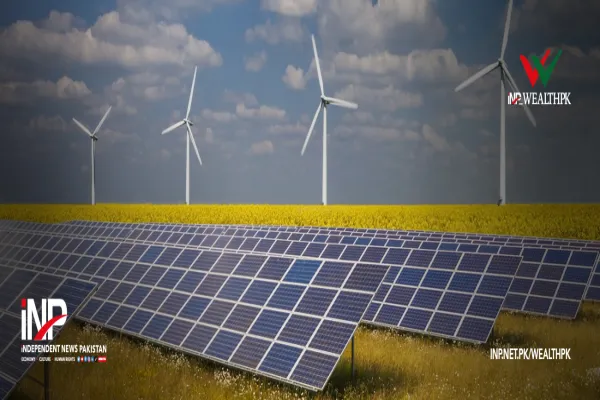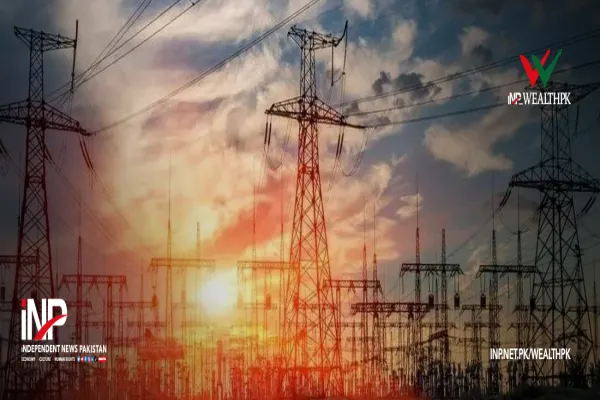i INP-WEALTHPK
Qudsia Bano
As Pakistan navigates a challenging economic situation, experts are concerned about the financial projections for the current fiscal year (2024-25). The primary concern stems from the declining inflows from multilateral sources, which have dropped by 30% over the past year, putting severe financial strain on the economy, reports WealthPK.

Financial analysts caution that the net financing requirement for the upcoming fiscal year is projected to be around $16 billion – a daunting figure given the current economic conditions. "The likelihood of securing a full $16 billion inflow is very low, especially with Pakistan's current low credit rating," said Dr. Farhan Nadeem, an economist at the Pakistan Institute of Development Economics (PIDE), while talking to WealthPK. "Absence of Euro/Sukuk bond flotations and new borrowing from the international commercial banks, despite targeting $6 billion from these sources, highlights the severity of the situation," he said. The past fiscal year saw no new debt raised from these traditional financial avenues, thus further complicating the financial outlook. The government has been relying on rollovers, expected to reach $8 billion, but this still leaves a significant gap in the financing requirements. "Rollovers provide temporary relief but are not a sustainable long-term solution.
They merely postpone the problem, rather than solving it," said Dr. Nadeem. "However, the projections for 2024-25, underpinned by an IMF program, come with their own set of risks and are contingent on the government's ability to implement stringent economic reforms." "The public finance projections for the upcoming fiscal year are also fraught with uncertainty. There is a high level of risk associated with these projections, similar to the balance of payment forecasts," noted Dr. Ahmad Mateen, a financial analyst specializing at the World Bank. "The government's ambitious targets for tax revenue and fiscal consolidation will be difficult to achieve without substantial reforms and improvements in governance," he said. The declining multilateral inflows add another layer of complexity to Pakistan's financial predicament.
These inflows have traditionally been a stabilizing factor for the economy, providing the much-needed capital for development projects and budgetary support. "The reduction in multilateral support reflects broader concerns about Pakistan's economic stability and governance. Rebuilding confidence among these institutions will require significant policy shifts and transparent governance practices," he explained. "Given the current economic indicators, it is important to have a comprehensive strategy to address these challenges. Pakistan needs a multifaceted approach that includes fiscal consolidation, structural reforms, and measures to attract foreign direct investment. Reliance on external financing alone will not suffice; there must be a concerted effort to enhance domestic revenue generation and improve the overall investment climate," experts stressed.
Credit: INP-WealthPk









